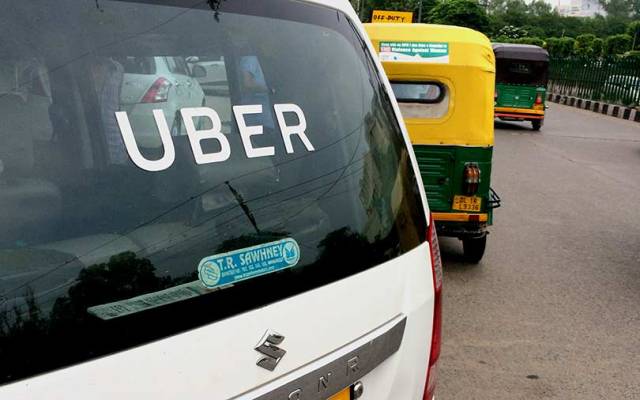
Uber 'doubling down' on India investments, says top executive


Ride-hailing giant Uber Technologies Inc is "doubling down" on its investments in India, one of its biggest markets, after its recent exit from Southeast Asia, its chief operating officer said on Wednesday.
India accounts for more than 10 percent of Uber rides globally and the U.S. company has a more than 35 percent share of the taxi market there, according to Counterpoint Research, but it is yet to make money in the country.
COO Barney Harford said investments in India are made using funds from profitable markets. However, the sale in March of Uber's business in Southeast Asia to Singapore's Grab Holdings, in exchange for a 27.5 percent stake, has given Uber more firepower to compete with its Indian rival Ola.

"The recent merger ... has freed up resources which we are going to invest across people, products and partnerships to better serve this country," Harford told reporters in New Delhi.
"We are doubling down on our investments in this country like never before," he said, adding that India was a core market for the San Francisco-based company.
Harford did not say how much Uber is likely to invest in India but said it would "considerably expand" its technology resources to develop products for India and the world.

Uber's India head Amit Jain said the company has no major plans to expand to more cities inIndia.
Uber operates in about 30 Indian cities while Ola is in 110 cities and has more than a 45 percent total market share, according to Counterpoint Research.
Uber and Ola are backed by a common investor, SoftBank Group, which pushed behind the scenes for the merger between Uber and Grab. It is not clear whether the Japanese investor plans to spur consolidation in India as well.

Executives from Uber and Ola met at least twice over the past 12 months and, among other things, Uber brought up a potential merger between the two companies with Uber in the driver's seat, sources have told Reuters.
Harford said that while Uber was always open to having conversations with potential partners, it had no interest in entering into minority deals in India or other countries in which it operates.
